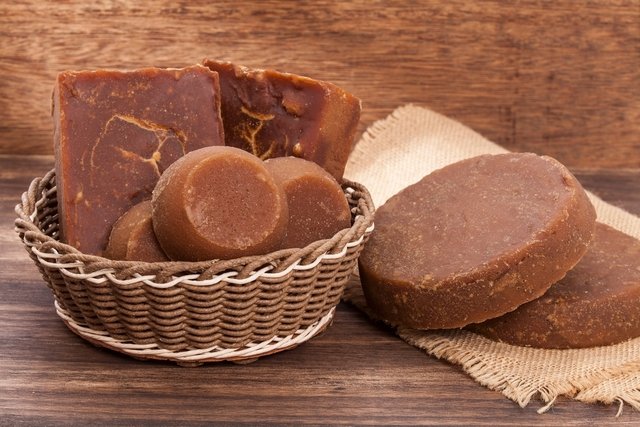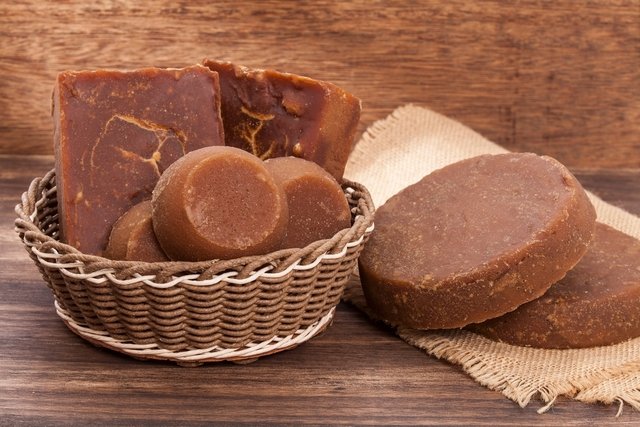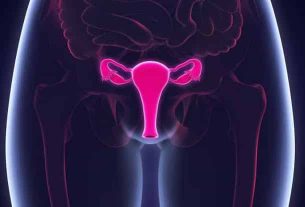Rapadura is a food made from sugar cane juice, with a sweet flavor and mild aroma, and is consumed alone, or with sun-dried meat, couscous and cooked corn, or used to sweeten drinks.
Rapadura is a good option for athletes, as it is a type of carbohydrate that is quickly absorbed by the body, helping to maintain physical performance and reduce fatigue during and after physical events.
However, because it is rich in sugar, excessive consumption of rapadura can make you gain weight and promote inflammation in the body, contributing to the emergence of health problems such as diabetes and fatty liver.

Does rapadura make you fat?
Rapadura can make you fat, as it is a food rich in carbohydrates with a high glycemic index, which are more easily digested and absorbed by the body, resulting in a spike in blood sugar and increased hunger. See more about the glycemic index of foods.
Furthermore, excess simple carbohydrates, such as those present in brown sugar, are stored as fat in the body, promoting weight gain and the emergence of health problems such as diabetes and fatty liver.
How to consume rapadura without gaining weight
To consume rapadura without gaining weight, you can eat this sweet right after a large meal, such as lunch and dinner. This is because the proteins, legumes and vegetables present in these meals reduce the glycemic load of the meal, balancing blood glucose, controlling appetite and preventing weight gain.
Furthermore, to avoid gaining weight, it is also essential to maintain a healthy and varied diet and practice physical activity regularly. Learn how to maintain a healthy diet.
Is brown sugar bad for people with diabetes?
As it is a food rich in carbohydrates with a high glycemic index, rapadura favors the rapid increase in blood glucose levels. Therefore, brown sugar can be harmful to people with diabetes, especially when consumed alone.
Benefits of rapadura
The health benefits of moderate consumption of jaggery are:
- Increase energy during trainingas it is rich in easily absorbed carbohydrates;
- Improve the functioning of the nervous system, due to the presence of calcium, magnesium, potassium and iron;
- Prevent cramps, as it contains calcium, potassium and phosphorus.
Furthermore, rapadura is also a great post-workout option for high-performance athletes, as it reduces fatigue after long-term races.
Nutritional information table
The following table shows the nutritional composition for 100 g of brown sugar:
It is important to remember that rapadura should not be consumed in excess, as it can increase the risk of problems such as weight gain, diabetes, high triglycerides and cholesterol.
How to use rapadura to have energy during training
To have energy, high-performance athletes can consume rapadura a little before or during training. This is because rapadura provides quick energy for the muscles, promoting physical performance and reducing fatigue during exercise.
Thus, high-intensity athletes who train for more than 1 hour can consume 5g to 10g of rapadura, with it being recommended to ingest up to 60g of rapadura per hour. See more tips on what to eat pre-workout.
Furthermore, rapadura can also be used after training, combined with proteins, to accelerate muscle recovery. Check out other options to eat after training.
Watch the following video and see how to make an energy drink to improve your training:
Bibliography
- CAMPINAS STATE UNIVERSITY – NEPA. Brazilian Food Composition Table – TACO. 2011. Available at: <http://www.nepa.unicamp.br/taco/contar/taco_4_edicao_ampliada_e_revisada.pdf?arquivo=taco_4_versao_ampliada_e_revisada.pdf>. Accessed on January 18, 2023
- EMBRAPA. Rapadura. Available at: <https://www.embrapa.br/agencia-de-informacao-tecnologica/cultivos/cana/pos-producao/rapadura>. Accessed on January 18, 2023

Sign up for our newsletter and stay up to date with exclusive news
that can transform your routine!
Warning: Undefined array key "title" in /home/storelat/public_html/wp-content/plugins/link-whisper-premium/templates/frontend/related-posts.php on line 12
Warning: Undefined array key "title_tag" in /home/storelat/public_html/wp-content/plugins/link-whisper-premium/templates/frontend/related-posts.php on line 13





